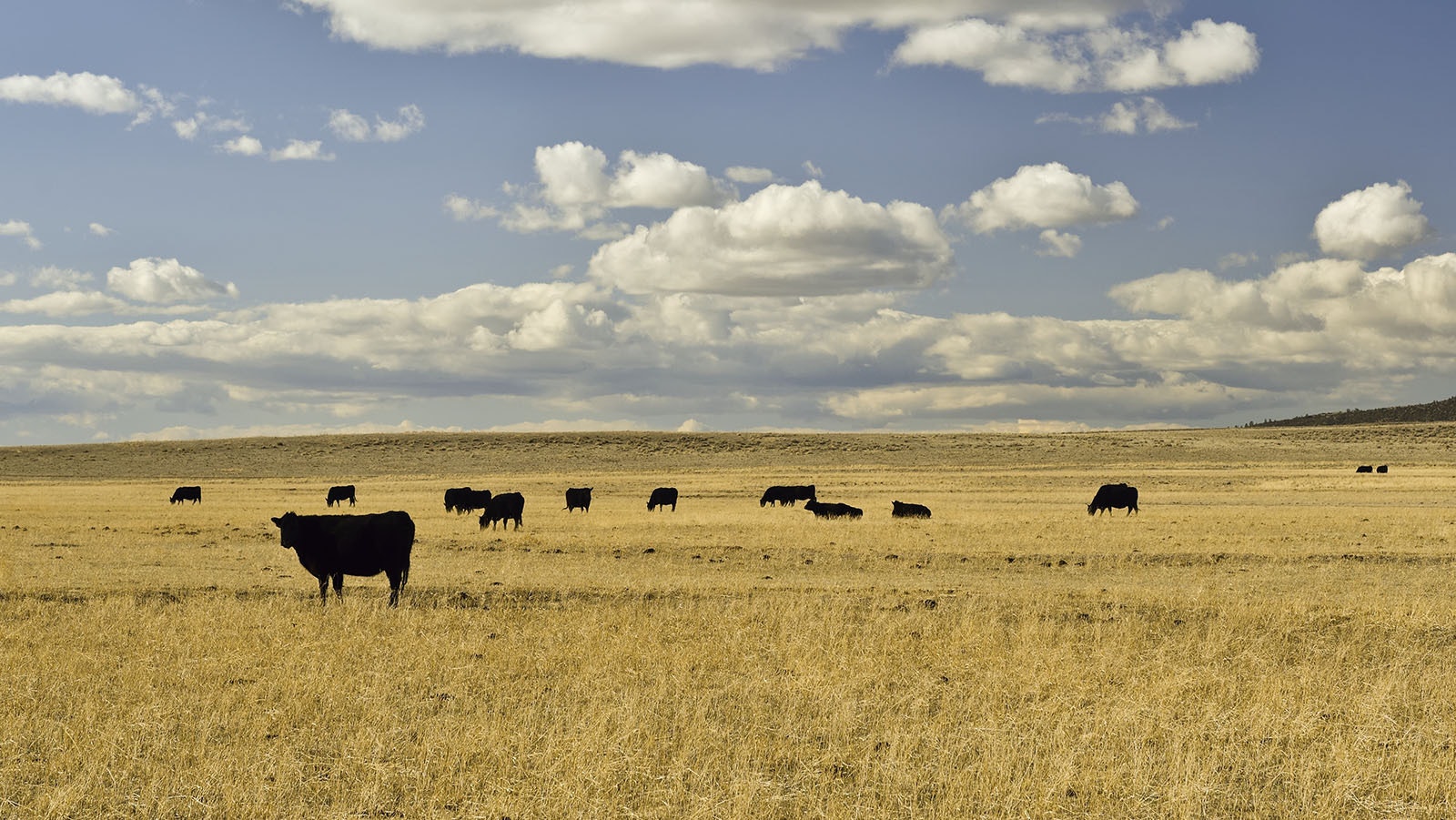Over the past year, lawmakers at the state and federal levels — Wyoming included — have been taking a closer look at Chinese companies and individuals buying farmland in America.
As of this month, 14 states have some form of prohibition on foreign ownership of agricultural land, according to the National Agricultural Law Center. Others are considering it.
Every state that borders Wyoming, with the exception of Colorado, has limitations on the books.
How We Feed Ourselves
The Wyoming Constitution prohibits laws that make a distinction between resident aliens and citizens with regard to possession, taxation, enjoyment or inheritance of property. This makes the Cowboy State one of six in the West that formally grants permission to foreign ownership of agricultural land.
In the last legislative session, Rep. Dalton Banks, R-Cowley, introduced a bill to prohibit foreign ownership of agricultural land in Wyoming. After passing the House Agriculture Committee, the Appropriations Committee gave it a recommendation of “do not pass” and it was never heard on the House floor.
Banks told Cowboy State Daily he is still concerned about the issue and will pursue legislation in future sessions.
“We don't want our enemies controlling our food sources, and our farmland is directly related to how we feed ourselves,” Banks said.
Red Acres
In the United States, only about 3.1% of privately owned farmland, which includes forests and pastures, is foreign-owned, according to the U.S. Department of Agriculture. Canadians own 31% of that piece, and 31% is owned by the Netherlands, Italy, the United Kingdom and Germany combined.
Chinese nationals own about 600 square miles, or about 0.03% of all U.S. farmland.
In 2020, 1.7% of Wyoming’s privately held agricultural land was foreign owned, an increase of more than 30,000 acres over the previous year.
Canadian investors owned about 25% of the foreign-owned land in Wyoming. The department doesn’t break down how much land in Wyoming is owned by the Chinese. Instead, China is grouped with all other countries, not including Canada, the Netherlands, Italy, the United Kingdom and Germany.
The total acres in Wyoming of the “other” category was 1,541.
Bad Actors
These small amounts of ownership, however, are concerning enough for lawmakers.
U.S. Rep. Harriet Hageman, R-Wyoming, is cosponsoring federal legislation to limit anyone associated with the Chinese government from owning agricultural land, including ranches.
“China is more than just a competitor of the United States, they are bad actors that have surveilled us, manipulated markets and stolen intellectual property,” Hageman told Cowboy State Daily. “America cannot allow China to control, even in small amounts, our means of food production.”
Banks said the issue isn’t just about the amount of land owned by entities connected with the Chinese government. This ownership limits U.S. production, and it allows these owners to use American land to produce for China.
He said roughly 50% of the alfalfa raised in Arizona, for example, is exported to China.
“I don’t want it so that half of Wyoming’s hay that could feed our cattle gets shipped back to China or Russia,” Banks said.
Try, Try Again
Besides the constitutional conflicts, Banks said his bill in the last session ran into roadblocks because it banned all foreign ownership. This would impact, for example, the Canadian owners of Wyoming agricultural land.
The Wyoming Agriculture Committee didn’t select the issue as an interim topic, but Banks said there are other lawmakers willing to work with him to craft a more passable bill for the next session.
Hageman said these state-level efforts are important.
“It is encouraging to see states take action, but we are also taking action here in Congress,” she said.
National Security
Hageman also is cosponsoring a second bill to amend the Defense Production Act of 1950 to prohibit certain foreign countries from buying or leasing property near sensitive sites.
Hageman said investors connected to the Chinese government are buying land in proximity to sensitive installations, such as military bases.
In 2021, Chinese food manufacturer Fufeng Group purchased 300 acres near the Grand Forks Air Force Base in North Dakota. The company planned to build a corn mill, but the Pentagon determined the plan was a threat to national security.
The city council of Grand Forks, North Dakota, voted unanimously to block the project.





